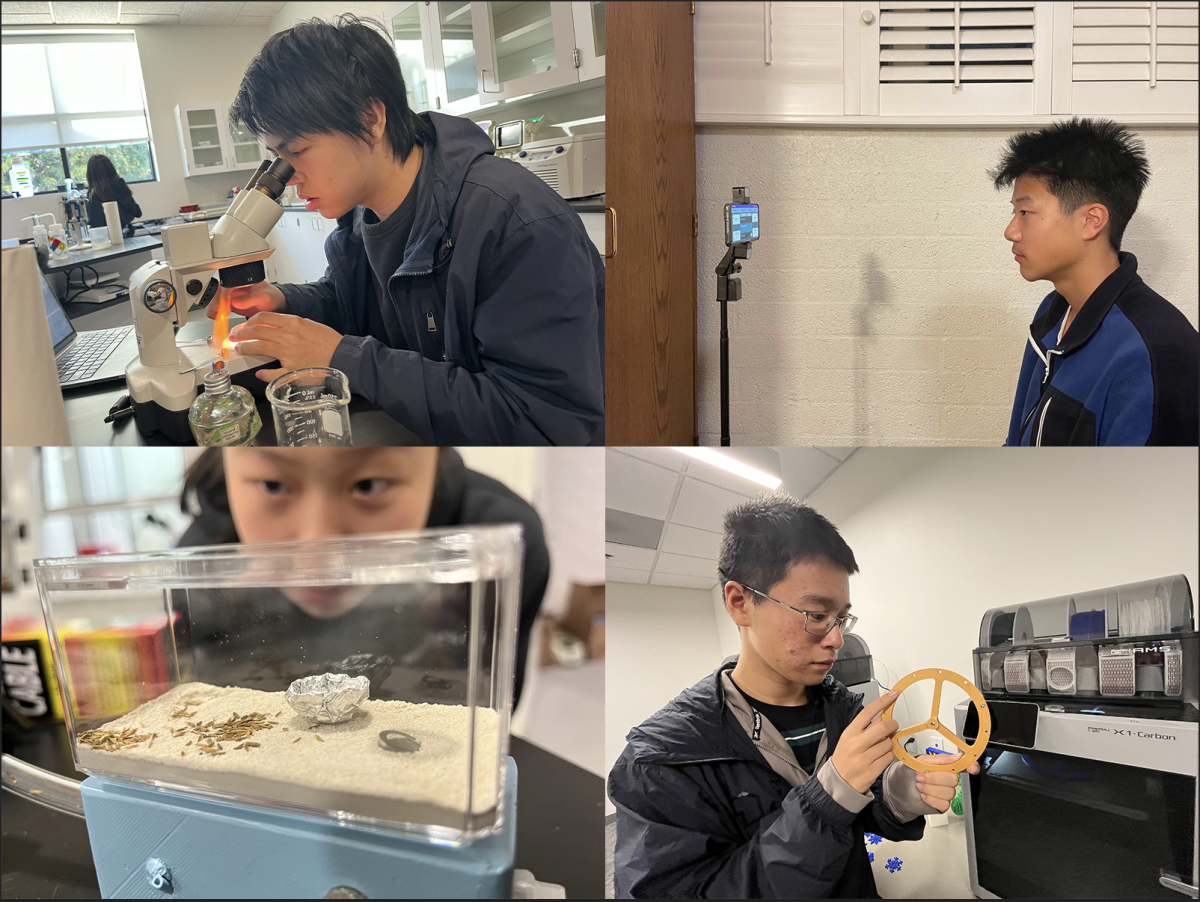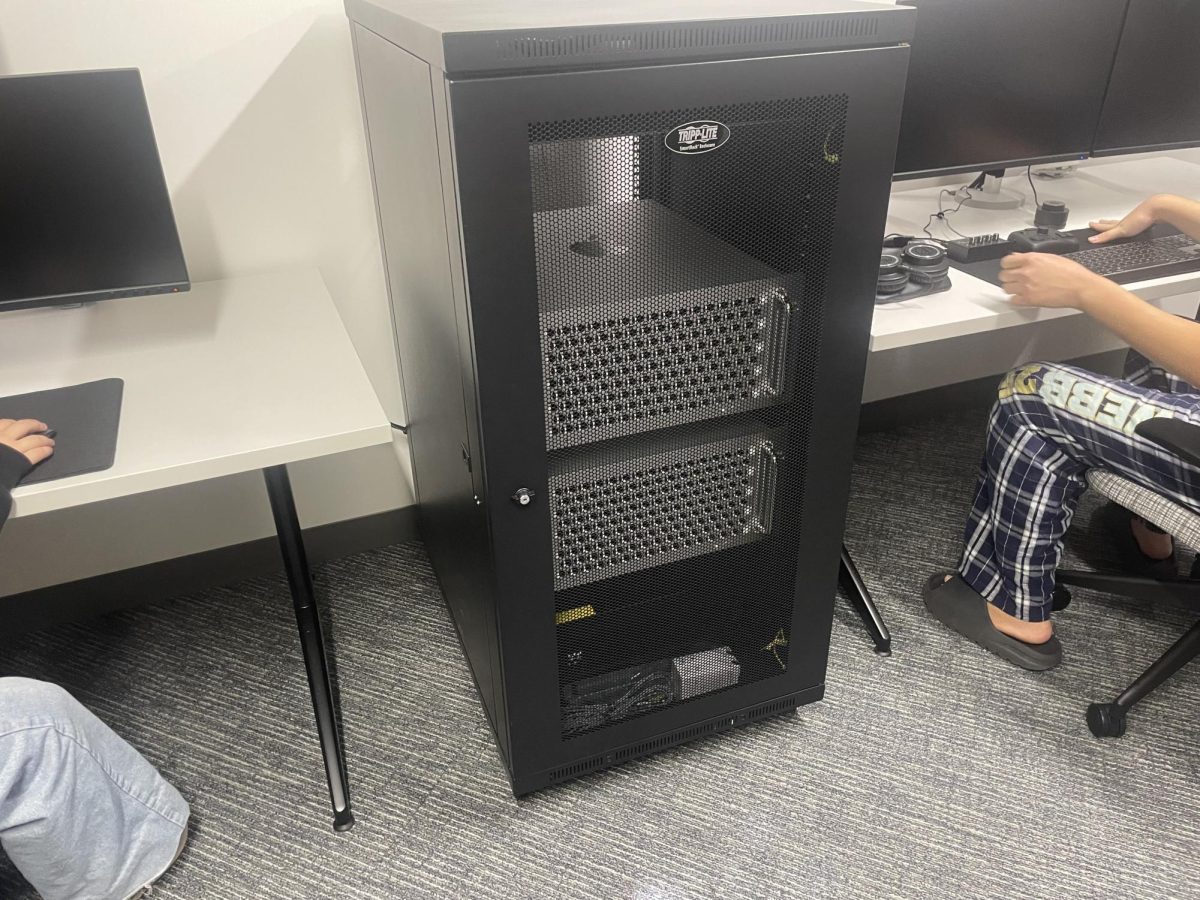Many of us have become accustomed to turning to artificial intelligence search engines like ChatGPT, Perplexity, and perhaps even WebbGPT when we need help with the smallest of tasks.
From providing research, rewriting essays, or even offering emotional support through its responses, AI has proven to not only be versatile but also provide valuable resources to those who may not have had the same access to resources in the past.
However, is this new relationship with AI turning into a form of reliance that we cannot break? The reason this relationship should be raising more red flags is not just because of its moral implications but rather the environmental impact.
Training AI models like ChatGPT uses staggering amounts of energy, electricity, and water in their data centers.
Data centers are buildings that house servers, networks, and general data storage that are needed to maintain computing power. Noman Bashir, a Computing and Climate Impact Fellow at MIT, has conducted research that has shown that the power density that AI requires is the real concern; a generative AI training cluster can consume up to eight times more electricity than a normal computing cluster.
While it may be difficult to understand the gravity of this information now, ignorance will ultimately compound into catastrophic events for our environment. Webb is attempting to educate us on how to navigate this tool, but more needs to be done because Webb students still fail to understand or care about the gravity of its effects.
This semester, a new humanities course, Advanced Studies Literature & the Machine, was offered for students. Within this class, students will explore AI’s impact on human creativity and read science fiction texts that cover the promises and pitfalls of emerging technologies.
“The entire final project is fairly open-ended one in which they have to think about AI,” said Stephen Hebert, the humanities department chair and teacher of the Advanced Studies Literature & the Machine course. “I can imagine there will be students who will want to dive into these environmental questions.”
Despite efforts to educate the Webb community on the future of AI through new course offerings, the development of WebbGPT, and other educational workshops, it is still apparent that students are either unaware or take a blind eye to its negative impact.
“I honestly had no idea that AI uses water and that much energy,” Triet Pham (‘26) said. “I think especially because we cannot directly see the resources being used and it is so convenient to just type a simple question, it becomes hard to avoid using tools like ChatGPT.”
“I think a lot of students don’t realize that using AI so often actually takes away from their own creative thinking, and I didn’t even know that water was related at all to the usage of AI,” Jarra Jallow (‘25) said.
As Webbies have already become accustomed to using AI daily, it is more integral than ever for us to educate one another and hold each other accountable to be conscious of our consumption.
“When you have people around you that are environmentally aware and conscious, it causes you to be that way because we’re naturally influenced by the people around us,” Mr. Hebert said. “So, the more we create a culture on campus of environmental sustainability, the more everybody who lives here will be influenced.”





![All members of the Webb Robotics Winter season teams taking a group photo. Of note is Team 359, pictured in the middle row. “It was super exciting to get the win and have the chance to go to regionals [robotics competition]” Max Lan (‘25) said. From left to right: Max Lan (‘25), Jerry Hu (‘26), David Lui (‘25), Jake Hui (’25), Boyang Li (‘25), bottom Jonathan Li (’25), Tyler Liu (‘25)](https://webbcanyonchronicle.com/wp-content/uploads/2025/03/Screenshot-2025-03-10-at-2.41.38 PM.png)









